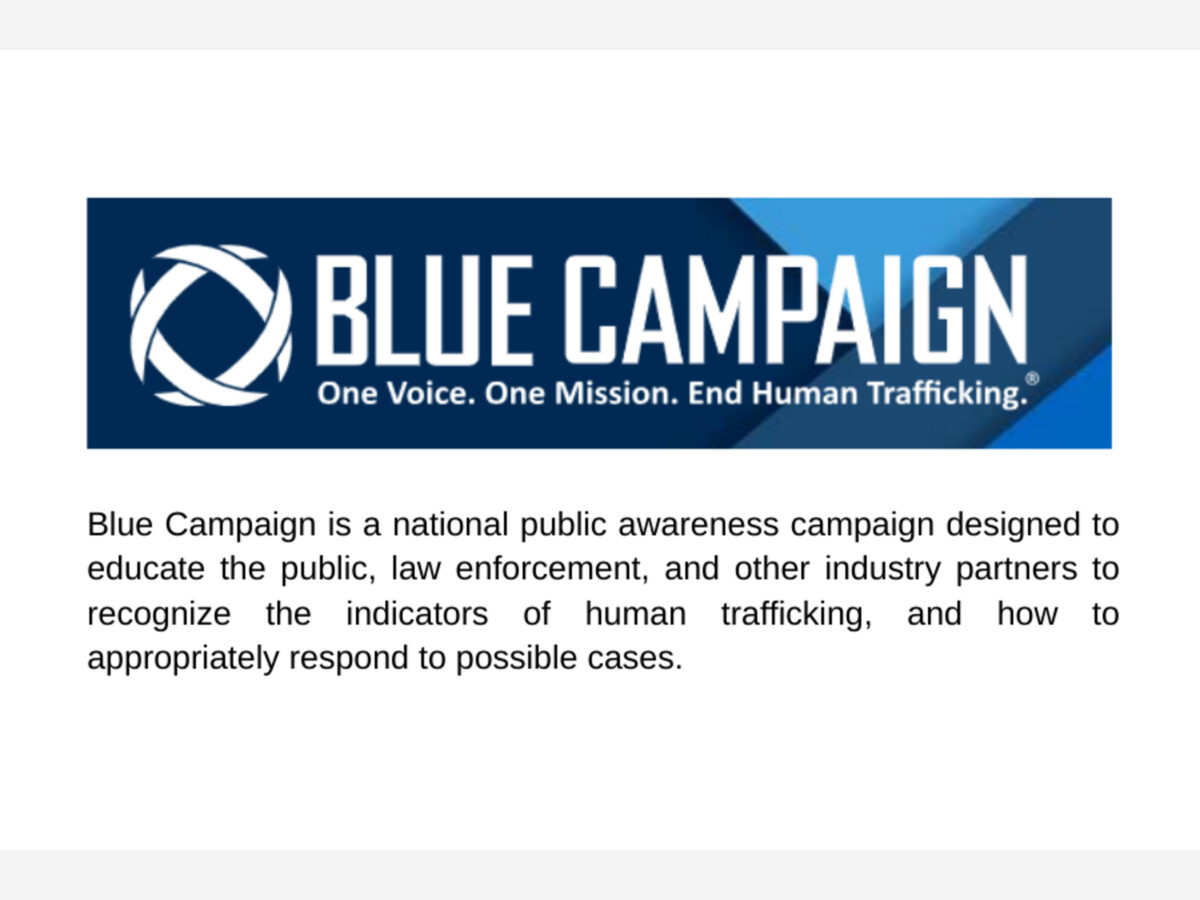Image


Human trafficking does not occur in the United States. It only happens in other countries.
Human trafficking exists in every country, including the United States. It exists nationwide—in cities, suburbs, and rural towns—and possibly in your own community.
Human trafficking victims are only foreign born individuals and those who are poor.
Human trafficking victims can be any age, race, gender, or nationality. They may come from any socioeconomic group. A socioeconomic group is the social standing or class of an individual or group. It is often measured as a combination of education, income and occupation.
Human trafficking is only sex trafficking
Sex trafficking exists, but it is not the only type of human trafficking. Forced labor is another type of human trafficking; both involve exploitation of people. Victims are found in legitimate and illegitimate labor industries, including sweatshops, massage parlors, agriculture, restaurants, hotels, and domestic service.
Individuals must be forced or coerced into commercial sex acts to be victims of human trafficking.
Under U.S. federal law, any minor under the age of 18 who is induced to perform commercial sex acts is a victim of human trafficking, regardless of whether he or she is forced or coerced.
Human trafficking and human smuggling are the same.
Human trafficking is not the same as smuggling.
Although human smuggling is very different from human trafficking, human smuggling can turn into trafficking if the smuggler uses force, fraud, or coercion to hold people against their will for the purposes of labor or sexual exploitation.
Human trafficking victims will attempt to seek help when in public.
Human trafficking is often a hidden crime. Victims may be afraid to come forward and get help; they may be forced or coerced through threats or violence; they may fear retribution from traffickers, including danger to their families; and they may not be in possession of or have control of their identification documents.
Myths and Misconceptions | Homeland Security (dhs.gov)